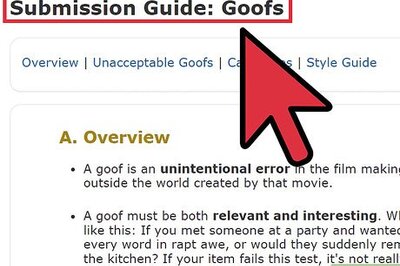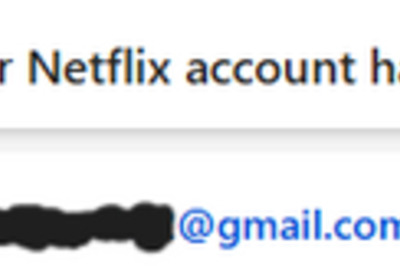
views
Researchers have developed a machine-learning technology that mined microblogging site Twitter to identify users peddling the illegal sale and marketing of prescription opioids online. The technology can be used to conduct live surveillance and detect illegal online sellers, they said. "Our study demonstrates the utility of the technology to aid in searches of social media for behaviour that poses a public threat,...," said lead author Tim K. Mackey, Associate Professor at the University of California-San Diego.
"Social media providers can use this technology to find or prohibit content that is illegal or violates laws to ensure consumers have a safer experience online," Mackey noted. While the online sale of controlled substances is directly prohibited by federal law, social media appears to act as a conduit for increased risk to substance abuse behaviour, the researchers said. For the study, published in the American Journal of Public Health, the team used a three-step process that involved cloud-based computing to collect large volumes of tweets filtered by keywords.
Machine learning to isolate tweets related to the marketing of opioids, and web forensic examination to analyse posts that included hyperlinks to external websites. The researchers collected some 619,937 tweets containing the keywords codeine, Percocet, fentanyl, Vicodin, Oxycontin, oxycodone and hydrocodone between June and November 2015. Of these, they found 1,778 posts that were marketing the sale of controlled substances, 90 percent included hyperlinks to online sites for purchase.
Forensics researchers connected marketing on Twitter to blogs, other social media platforms, user forms, online classified ads and websites. The majority of sites had foreign addresses, with many linked to Pakistan -- a country identified as a source and exporter of fake, counterfeit and falsified medications, Mackey said.
Don't forget to subscribe to our YouTube Channel
Also Watch: Apple iPhone X First Look


















Comments
0 comment